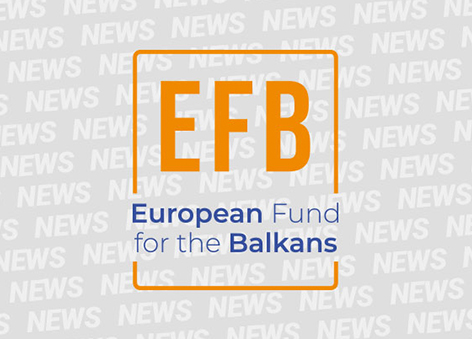

The Role of Think Tanks in the Policy Process and their Relevance for EU Integration – Case Study on Environmental Policy
BELGRADE – The European Fund for the Balkans and the Embassy of the Czech Republic in Serbia organised a one-day seminar „The Role of Think Tanks in the Policy Process and their Relevance for EU Integration – Case Study on Environmental Policy in the Western Balkans“. The seminar was held in the Embassy of the Czech Republic in Belgrade, on March 19, 2009.
The seminar was opened by Mr. Oliver Dulić, Minister of Environment and Spatial Planning of the Republic of Serbia, H.E. Mrs. Hana Hubackova, the Ambassador of the Czech Republic to the Republic of Serbia, H.E. Mr. Josep M. Lloveras, the Head of the European Commission Delegation to the Republic of Serbia, and Mrs. Hedvig Morvai Horvat, the Executive Director of the European Fund for the Balkans.
The Executive Director of the European Fund for the Balkans, Hedvig Morvai Horvat said that Thinks-Tanks, policy institutes and NGOs were all the places for discussing and developing ideas on the topics most relevant to the countries of the region. „The European Fund for the Balkans has been engaged in strengthening the capacities of expert organisations, which can be valuable partners of politicians and decision-makers in designing policies for their countries.“, said Morvai Horvat.
In order to show how public policy can be influenced by the civil society and especially by expert organisations, one part of the seminar was devoted to presentations of six organisations, grantees of the European Fund for the Balkans, who conducted research on topics related to environmental policy in the Western Balkans, within the Funds’ „Think and Link“ programme.
The seminar brought together representatives of non- governmental organisations, Thinks-Tanks, and policy institutes as well as researchers from all the countries of the Western Balkans. The speakers in the seminar included experts who dealt with capacity building of this type of organisations, donor agencies active in this field as well as leaders of some of the most relevant expert organisations from the region and Central and Eastern Europe.






